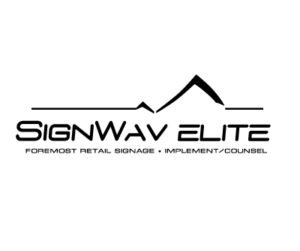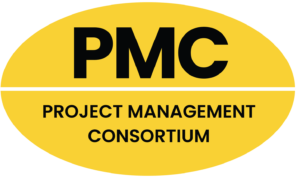In light of COVID-19, the US economy has seen rapidly increasing unemployment and warning signs of a slowdown. While nearly every business and nonprofit has been affected in some way, commercial construction firms must take additional precautions to ensure cash flow and profitability through tough economic times.
Licensing in the construction industry is often viewed as a hurdle to clear. Understandably, many firms don’t have the resources or energy to navigate state licenses and local permits on their own. While most firm owners understand the consequences of doing business without a license, few capitalize on the competitive advantage proper licensure offers, particularly when it comes to getting paid.
- Be better equipped at the bargaining table
Imagine that your best customer contacts you with a project opportunity across state lines, and they want to move fast. To meet the expectations outlined in the RFP, your firm must have the proper license in place within 30 days. If not, your client will find someone else to do the job.
Your ability to win the project depends on your exact level of preparedness for this scenario.
Each state’s licensing requirements for construction firms and contractors varies greatly, as does the time it takes to get the license. On one hand, firms that haven’t researched the requirements in a neighboring state or where key customers operate are already at a disadvantage. On the other hand, firms that have aligned compliance requirements with likely business development opportunities already have qualifying parties in place and a plan to submit license applications before those opportunities emerge.
- Have greater oversight of subcontractor relationships
Typically, both general contractors and subcontractors are required to maintain licenses in order to do business in a state. If you enter a project as the general contractor, you know it’s common practice to vet subcontractors for work experience, safety record, and resources. Making sure subcontractors also have the correct licenses in place not only avoids the potential consequences of doing unlicensed work, but also helps reduce prompt payment issues. Noncompliant contractors, regardless of their arrangement, are prohibited from filing liens and collecting in most states. Given the top-down responsibility your firm has when managing subcontractors, ensuring compliance should be a top priority.
- Ensure business continuity through efficient license management
Relying on individual employees to maintain their own continuing education and licenses can cause gaps in licensure and hamstring your firm’s ability to bid and deliver on projects. By maintaining records and information in a central location, key notices and alerts can be effectively communicated to branch offices and individuals in charge. When it comes to preparing and submitting license applications, a central office can quickly source information from internal parties, to government agencies, and back out to vendors, subcontractors, and of course, your customers. Without this centralized approach, your firm loses oversight of key administrative functions and agility in the market.
- Get paid throughout the project (and avoid losing it all)
Obtaining the proper licenses and permits is necessary not only for winning a bid, but also for being able to deliver throughout the duration of the project. From an operational perspective, falling short of critical milestones means somewhere along the line, someone isn’t getting paid for their work – a costly misstep during tough economic times. Even costlier is not maintaining the proper licenses. Infamously, in Twentynine Palms Enterprises Corporation v. Bardos, an unlicensed contractor was ordered to return approximately $750,000 in revenues earned from a project. Your firm’s reputation is at stake, too. Many states maintain public “Most Wanted” lists of unlicensed contractors. Only through compliance and proper licensure can a firm avoid this potential nightmare.
- Ensure access to remuneration
When payment matters cannot be resolved between parties, your firm may move to escalated legal proceedings. In many states, like California, unlicensed contractors have no recovery rights that could ordinarily be obtained via liens or lawsuits. In an even greater number of states, out-of-state companies that fail to foreign qualify and appoint a registered agent can lose access to the court system altogether.
If you view compliance as a hurdle, then it functions as one. However, by taking a proactive approach, firms can leverage well-maintained compliance systems to drive business development and profitable projects. In these unprecedented times, understanding how your firm’s licenses impact your ability to get paid will give you a leg up on the competition.
Harbor Compliance does not provide tax, financial, or legal advice. Use of our services does not create an attorney-client relationship. Harbor Compliance is not acting as your attorney and does not review information you provide to us for legal accuracy or sufficiency.
About Harbor Compliance:
Founded by a team of government licensing specialists and technology trailblazers, Harbor Compliance is a leading provider of compliance solutions for businesses and nonprofits of all types and sizes. Since 2012, we have helped more than 25,000 organizations apply for, secure, and maintain licensing across all industries.































